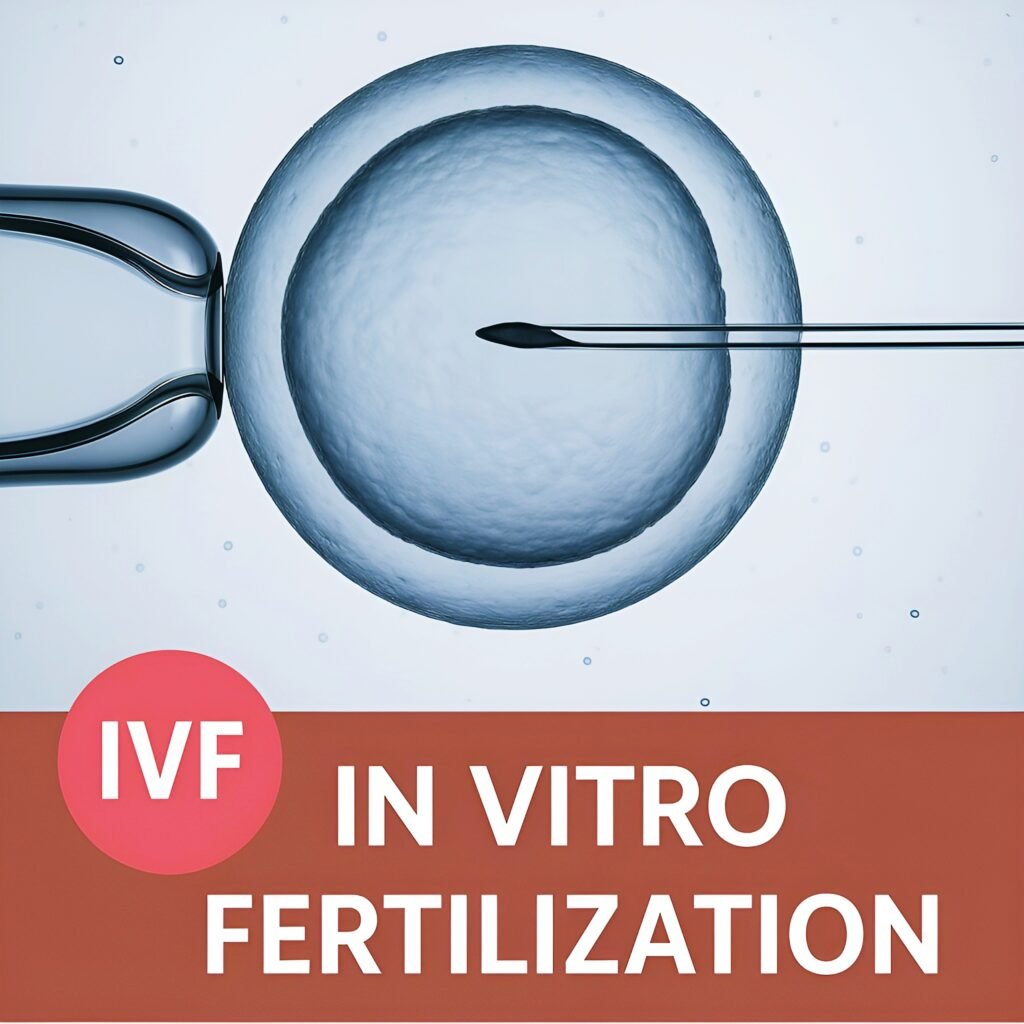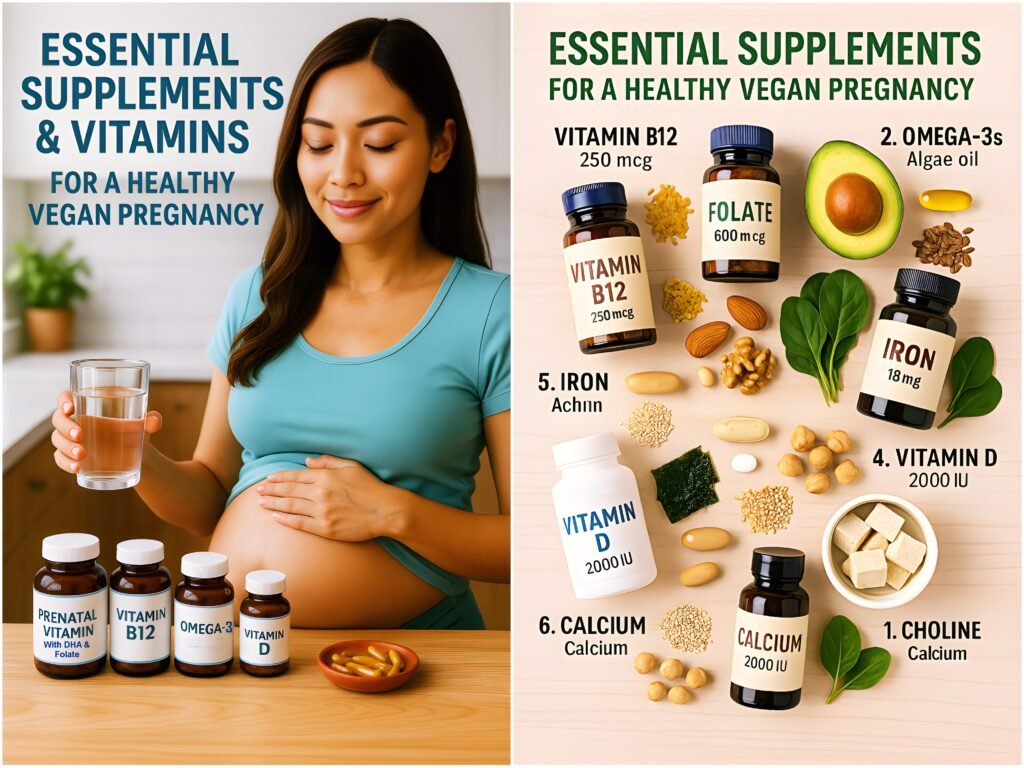Trying to Conceive? Your Complete Pre-Pregnancy Nutrition Guide

Congratulations on taking the first step toward growing your family! Whether you’re just starting to think about pregnancy or have been trying for a while, optimizing your nutrition can significantly improve your chances of conception and set the stage for a healthy pregnancy.
This guide covers:
Key nutrients for fertility
Foods to boost conception
Lifestyle tips for optimal reproductive health
A sample fertility-boosting meal plan
Why Nutrition Matters When Trying to Conceive
Your body needs the right nutrients to support:
✔ Hormone balance (estrogen, progesterone, testosterone)
✔ Egg & sperm quality
✔ Healthy ovulation & implantation
✔ Early fetal development (even before you get a positive test!)
Poor nutrition can delay conception, while a well-balanced diet can improve fertility in as little as 3 months.
Top 6 Fertility-Boosting Nutrients
1. Folate (Vitamin B9) – The #1 Pre-Pregnancy Nutrient
Why? Prevents neural tube defects and supports DNA synthesis.
Sources:
- Leafy greens (spinach, kale)
- Lentils, chickpeas
- Citrus fruits, avocado
- Fortified grains
Tip: Start taking 400-800 mcg of folic acid daily (or methylfolate if you have MTHFR gene variants).
2. Omega-3 Fatty Acids – For Hormone Balance & Egg Quality
Why? Reduces inflammation and supports ovulation.
Sources:
- Fatty fish (salmon, sardines)
- Chia seeds, flaxseeds
- Walnuts
3. Iron – Prevents Anemia & Supports Ovulation
Why? Low iron = higher risk of ovulatory infertility.
Sources:
- Lean red meat (best absorbed)
- Spinach, lentils
- Pair with vitamin C (bell peppers, oranges) for better absorption.
4. Vitamin D – Crucial for Hormone Regulation
Why? Low levels linked to PCOS & infertility.
Sources:
- Sunlight (15-20 min/day)
- Egg yolks, fortified milk
- Consider a D3 supplement (2000-4000 IU/day) if deficient.
5. Zinc – Essential for Sperm & Egg Health
Why? Boosts progesterone and testosterone.
Sources:
- Oysters (highest source!)
- Pumpkin seeds, beef
- Chickpeas
6. Antioxidants (Vitamin C, E, Selenium) – Protect Reproductive Cells
Why? Combat oxidative stress, which damages eggs & sperm.
Sources:
- Berries, nuts, dark chocolate
- Brazil nuts (selenium)
Foods to Avoid When TTC
Trans fats (fried foods, processed snacks) – Linked to ovulatory infertility.
Excess caffeine (>200mg/day ≈ 2 cups of coffee).
Alcohol – Can disrupt hormone balance.
High-mercury fish (shark, swordfish, king mackerel).
Sample Fertility-Boosting Meal Plan
Breakfast
- Spinach & mushroom omelet
- Whole-grain toast + avocado
- Berries on the side
Snack
- Greek yogurt + chia seeds + walnuts
Lunch
- Grilled salmon salad (with leafy greens, quinoa, olive oil dressing)
- Orange slices
Snack
- Hummus + carrot sticks
Dinner
- Lean beef stir-fry with broccoli & bell peppers
- Brown rice
Dessert (Optional)
- Dark chocolate (70%+ cocoa)
Lifestyle Tips for Faster Conception
✔ Track ovulation (using OPKs or BBT charting).
✔ Maintain a healthy weight (BMI 18.5–24.9 is ideal).
✔ Reduce stress (yoga, meditation, walks).
✔ Exercise moderately (avoid extreme workouts).
✔ Quit smoking (harms egg & sperm quality).
When to See a Doctor
If you’re under 35 and haven’t conceived after 1 year (or 6 months if over 35), consider a fertility checkup. Common tests include:
- Hormone panels (FSH, AMH, progesterone)
- Semen analysis (for male partners)
- Ultrasound (to check ovarian reserve)
Final Thought
Your body is preparing for pregnancy before you even conceive. By nourishing yourself with the right foods and habits now, you’re giving your future baby the best possible start.
Wishing you all the best on your journey to parenthood!




Responses